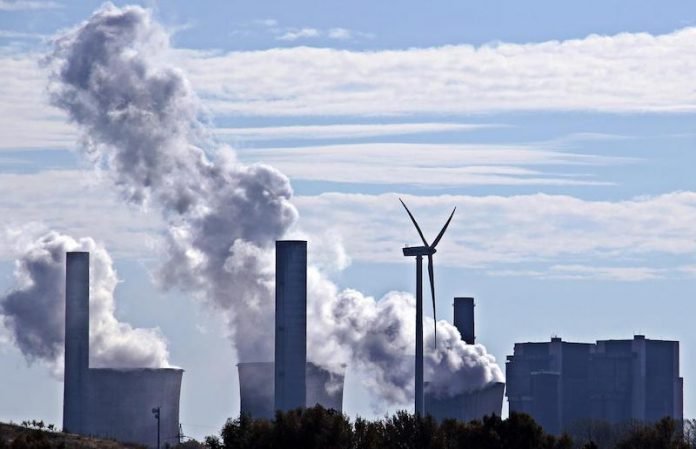
Scientists from Germany found that long-term exposure to air pollution is linked to a greater risk of severe COVID-19.
They found that people living in counties with higher levels of pollutant nitrogen dioxide (NO2)were more likely to need ICU care and mechanical ventilation if they had COVID-19.
The research was presented at Euroanaesthesia and was conducted by Dr. Susanne Koch et al.
Long-term exposure to NO2, a gas released into the atmosphere when fossil fuels are burned, can have harmful effects on the lungs.
This includes damage to the endothelial cells, which play a key role in oxygen transfer—the transfer of oxygen from inhaled air to the blood.
In the study, the team examined the impact of long-term air pollution on the need for ICU treatment and mechanical ventilation of COVID-19 patients.
Air pollution data from 2010 to 2019 was used to calculate the long-term annual mean level of NO2 for each county in Germany.
This ranged from 4.6 µg/m³ to 32 µg/m³, with the highest level in Frankfurt and the lowest level in Suhl, a small county in Thuringia. 392 out of Germany’s 402 counties were included in the analysis.
The team found that there was a greater need for ICU treatment and mechanical ventilation of COVID-19 patients in counties with higher long-term annual mean NO2 levels.
Each 1 µg/m³ increase in long-term annual mean NO2 concentration was linked to a 3.2% increase in the number of ICU beds occupied by COVID-19 patients and a 3.5% increase in the number of COVID-19 patients who needed mechanical ventilation.
On average, 28 ICU beds and 19 ventilators were needed for COVID-19 patients in each of the ten counties with the lowest long-term NO2 exposure, during the month studied.
This compares to an average of 144 ICU beds and 102 ventilators in the ten counties with the highest long-term NO2 exposure.
The researchers say that while their results do not prove causation, there is a potential biological explanation for them.
ACE-2, the protein that the COVID-19 virus binds to when entering our cells, has many key roles in the body, including helping regulate the activities of angiotensin II, a protein that increases inflammation. In other words, ACE-2 helps “put the brakes” on inflammation.
When the SARS-CoV-2 virus binds to ACE-2, however, these brakes are removed.
Air pollution also “releases the brakes” and so the combination of COVID-19 and long-term air pollution exposure could lead to more severe inflammation and more severe COVID-19.
The researchers add that their results are in line with other recent studies which have linked long-term NO2 exposure with a higher COVID-19 incidence2 and a higher fatality rate.
If you care about COVID, please read studies about vitamin D deficiency linked to severe COVID-19 and death, and why people with blood type O have lower COVID-19 risk.
For more information about COVID, please see recent studies about the cause of blood clotting in COVID-19 vaccination, and results showing new vaccine made of common dietary supplements could prevent COVID-19.
Copyright © 2022 Knowridge Science Report. All rights reserved.



